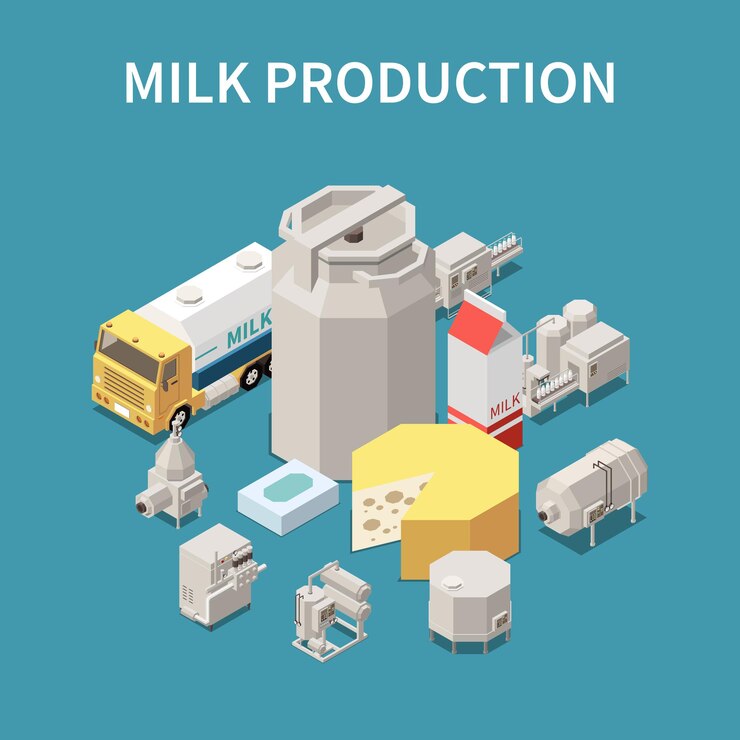In the last two weeks since UAW John Deere workers went on strike after rejecting a labor...
Dairy Industry Teams with Cybersecurity Group to Beef Up Defenses

As cybercrimes become more prevalent, the International Dairy Foods Association (IDFA) joins other food companies in efforts to share information and bolster protections.
At least three major cyber-attacks have affected dairy businesses in recent years, resulting in significant costs and disruptions. The strikes also can pose a risk to personnel and food safety.
In 2022, Massachusetts-based Hood Dairy temporarily closed 13 dairy plants, disposed of some products and warned customers of delivery delays due to a cyber-attack. And, an attack against Schreiber Foods briefly led to a nationwide shortage of cream cheese.
Cyber-attacks on average cost more than $1 million to resolve, according to the World Economic Forum. Factoring in production delays, reputational damages, loss of customers and stock hits, longer-term effects can increase costs for dairy businesses.
To deal with these threats, IDFA said it will expand on its cybersecurity work with partner Food and Ag-Information Sharing and Analysis Center (ISAC) to provide association members with briefings and resources that can help them bolster defenses against attacks.
Industry leaders such as Cargill, Bunge, Tyson Foods, Hershey and others are members of Food and Ag-ISAC, an offshoot of nonprofit IT-ISAC that began operating independently earlier this year. Members of IDFA include Danone, Nestle and other businesses from all segments of the dairy industry.
“It is clear that cyber criminals have a spotlight on dairy companies,” Michael Dykes, President and CEO of IDFA, said in a statement. “We need to look to always stay two steps ahead of these actors, and we can do that if we work together, share information, and share best practices for thwarting efforts to disrupt our businesses.”
As advancements in technology continue and industries become more reliant on automation and technology to improve everyday operations, food companies are opening themselves up to cyber risks and vulnerabilities.
“Given the interconnected nature of the food and agriculture industry, maintaining a safe, secure and resilient farm-to-table supply chain depends on individual decisions of countless companies,” Scott Algeier, Executive Director of the Food and Ag-ISAC, said in a statement.
EDITOR’S TAKE:
It is promising to see such reaction to this serious threat to food security. Recently, more and more reports of the potential for such attacks have been prominent in the news. Advanced planning and back-up plans can help protect our food supply. One can only begin to imagine how disruptive such attacks could potentially be not only to the dairy industry but to other parts of the food chain as well. We applaud this type of initiative to ward off these criminal attacks and protect consumers. Remember, food security is serious business that has national security implications for everyone. Efforts like those described in this article may not directly help you sell more trucks, but a major disruption to our food supply could be disastrous for farmers/ranchers and truck sales.








